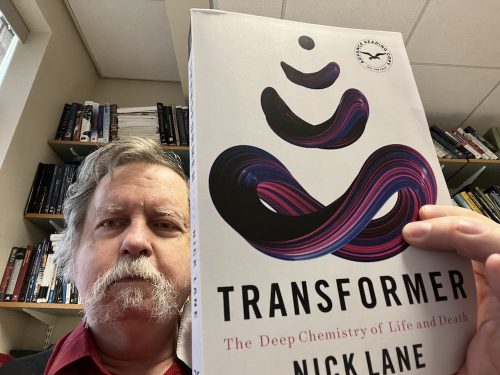

But first by using a very elegant way of visually portraying molecules and then by combining the mechanism of the cycle with the story of its discovery, Lane turns it into something accessible and exciting. Read a standard description of the cycle, and it's pretty much impenetrable to the non-biochemist. He demonstrates this marvellously in his description of the discovery of the Krebs cycle - central to the process of respiration and at the heart of this book. What Lane does wonderfully well is to bring biochemistry to life. Biology because it's so complicated with vast numbers of molecules and processes involved, and chemistry because, dare I say it, it can appear a bit dull. Nick Lane points out that there is no difference in the information in an organism just before and just after it dies - but there's quite a lot of difference in terms of its life.īiology and chemistry can both be extremely difficult to put across in popular science. Of course it's essential to life - but as this book explores, chemistry and energy are what life is really about. This is probably the best book on biology (and more specifically biochemistry) that I've ever read.Įver since Richard Dawkins wrote The Selfish Gene, we've been dazzled by the importance of the genetic code (or, as Lane points out in one of his many asides, what should really be called the genetic cipher) - but this focus has tended to give an exaggerated importance to the information stored there.


 0 kommentar(er)
0 kommentar(er)
